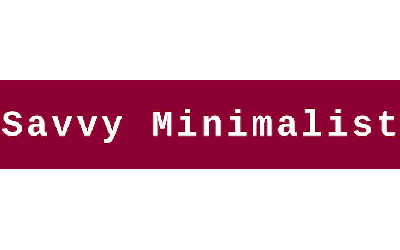Knowing how to self study is a great way to learn new skills and expand your knowledge without the expense of formal education. I have gone this route and saved a lot of money on courses that would have cost me a fortune. Today you can find information at your finger tips and everything is available whenever you need it. All you really need is internet connection or a mobile device with wifi. In this post I put together some tips on how to self-study effectively while saving money:
Set Goals:
- Define your learning objectives and establish clear goals for what you want to achieve through self-study. Having specific goals will help you stay focused and motivated throughout the learning process.
Utilize Free Resources:
- Take advantage of free educational resources available online, such as websites, blogs, YouTube channels, podcasts, and online forums. Many reputable institutions offer free courses, lectures, and tutorials on a wide range of subjects.
Visit Libraries:
- Public libraries offer a wealth of resources, including books, e-books, audiobooks, and digital resources, all available for free or at a minimal cost. Explore the library’s collection to find materials relevant to your interests and goals.
Borrow or Share Resources:
- Borrow books, textbooks, and other learning materials from friends, family members, or local community organizations. You can also organize study groups or book clubs to share resources and collaborate with others who have similar interests.
Take Advantage of Open Educational Resources (OER):
- OER are freely accessible, openly licensed educational materials that can be used for teaching, learning, and research. Explore OER repositories and platforms to access a wide range of textbooks, lecture notes, videos, and interactive modules.
Join Online Communities:
- Participate in online communities, forums, and social media groups related to your area of interest. Engage with other learners, share resources, ask questions, and seek advice from more experienced individuals in the field.
Practice Self-Discipline:
- Develop a study routine and set aside dedicated time each day or week for self-study. Create a conducive learning environment free from distractions and interruptions, and hold yourself accountable for staying on track with your learning goals.
Use Free Learning Platforms:
- Take advantage of free or low-cost online learning platforms such as Coursera, edX, Khan Academy, Udemy, and Skillshare. These platforms offer a wide range of courses taught by experts in various fields, allowing you to learn at your own pace and on your own schedule.
Seek Feedback and Evaluation:
- Seek feedback on your progress and performance from peers, mentors, or online communities. Join study groups or seek out mentors who can provide guidance, support, and constructive criticism to help you improve and grow.
Practice Active Learning:
- Actively engage with the material you’re studying by taking notes, summarizing key concepts, and applying what you’ve learned through practice exercises, projects, or real-world applications. Active learning enhances retention and comprehension, making your self-study efforts more effective.
By following these tips, you can embark on a successful self-study journey while minimizing costs and maximizing learning opportunities. Remember to stay motivated, stay organized, and enjoy the process of learning and self-improvement.

